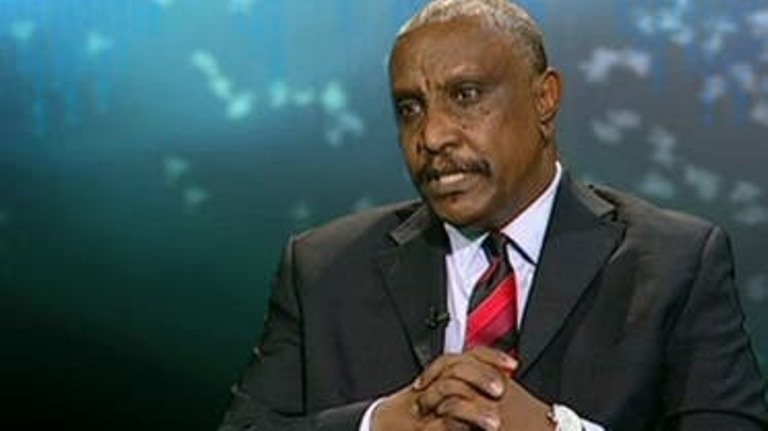General Burhan’s visits to Kenya and Ethiopia: A strategic shift or tactical manoeuvrer?
By Yasir Arman
General Burhan’s recent visits to the capitals of Kenya and Ethiopia, both key players in the IGAD and the African Union, have raised questions about his motivations and the potential impact of these engagements. These visits followed a significant conference in Saudi Arabia, which hosts the Jeddah peace process on Sudan, with IGAD participating in the latest round of talks.
The critical question is whether General Burhan’s visits to Nairobi and Addis Ababa represent a strategic shift towards mobilizing regional support to end the war in Sudan or merely a tactical manoeuvre to buy time and prolong the conflict.
Regardless of their underlying intentions, these visits mark a departure from the Islamist-backed tactic of “forum shopping” – exploiting regional divisions and conflicting interests to prolong the war. This shift is noteworthy given the Islamists’ significant influence on the policies of the Sudanese armed forces.
The civilian anti-war movement should welcome these visits as they could strategically serve to unify forums and various peace initiatives. Additionally, these engagements could help create a more conducive environment for collaboration among IGAD countries, removing obstacles to the IGAD initiative that the Islamists and the National Congress Party (NCP) have sought to exploit.
Furthermore, these visits present a fresh opportunity to strengthen cooperation between the Jeddah peace process, the African Union, and IGAD. This momentum should be seized upon to create a unified forum for the Sudan peace process, particularly between IGAD, the AU, the U.S., and Saudi Arabia initiatives.
The current environment provides a unique opportunity to develop a framework for collaboration between the regional and international community, forging a partnership to achieve peace in Sudan. This should include the Gulf countries, Egypt, Chad, Eritrea, the UN, Europe, and TROIKA. The current momentum should be harnessed and sustained as it could be a game-changer in Sudan’s peace process.
General Burhan and the Army Command: A Chance to change liabilities into assets
General Burhan and the army command have been closely aligned with the NCP’s agenda, both in the October 25th coup and the subsequent war. Despite the resulting devastation, they have an opportunity to transform these liabilities into assets. General Burhan should leverage his visits to Nairobi and Addis strategically to achieve the following:
-
Strategically unify forums to serve Sudan’s interests. This includes halting the war by establishing clear priorities to address humanitarian crises and severe human rights violations.
-
Re-establish the Sudanese state democratically. This involves fostering citizenship without discrimination and developing a non-politicized, professionally diverse armed forces that reflects Sudan’s unity in diversity.
-
Fulfil the December Revolution’s objective of establishing a transitional civilian government. This includes empowering civilians and anti-war movements to play an effective role in the political process.
Achieving these objectives will bridge the gap between the army command, the Sudanese people, the region, and the international community, creating a foundation for resolving the conflict between warring parties. If General Burhan uses his successful visits to Nairobi and Addis tactically to buy time and prolong the war, he will only add another failure to his record of missteps in the coup and subsequent conflict.
The African Union and the Need for a High Panel on Sudan
Given the African Union’s importance to Sudan and the current international division, particularly in the UN Security Council, it is crucial for the AU to take a more serious and institutional approach to the Sudan file. This responsibility should not be left to individuals. The African Union and the African Peace and Security Council should appoint a high panel for Sudan, composed of statesmen and women representing different parts of Africa. This panel would aid in bridging the gap between different initiatives and devising a structured plan open to collaboration with regional and international stakeholders. It should work closely with the United Nations, particularly given the possibility that the UN Secretary-General might appoint an African statesman as an envoy for Sudan.
The African high panel would undoubtedly command the respect of the Sudanese people, the region, and the international community.

